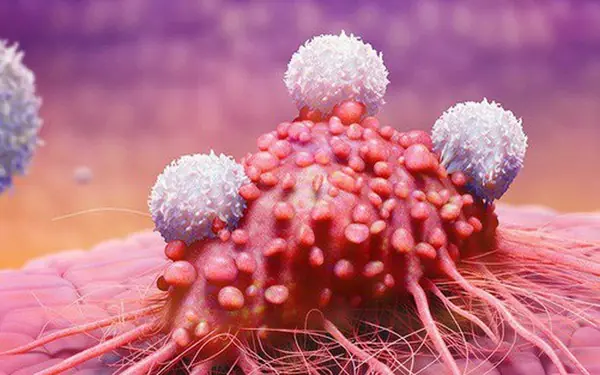
If Your Body Suddenly Jerks While Falling Asleep, This Is What It Means
If Your Body Suddenly Jerks While Falling Asleep, This Is What It Means
You're just drifting off to sleep when suddenly your body gives a violent jolt, often accompanied by the sensation of falling. This common and surprising phenomenon is known as a hypnic jerk or hypnagogic jerk. While it can be startling, it's generally a harmless and normal part of the process of falling asleep.
This article will explain what hypnic jerks are, what causes them, and what you can do to reduce their frequency.

What Are Hypnic Jerks?
A hypnic jerk is a sudden, involuntary muscle contraction that occurs during the transition from wakefulness to sleep. This stage is called the hypnagogic state. These jerks are a type of myoclonus, a category of quick, involuntary muscle movements that also includes hiccups and restless legs syndrome.
Hypnic jerks can vary in intensity. They might be so subtle that you don't even notice them, or they can be powerful enough to jolt you fully awake. They often affect just one side of the body, like an arm or a leg, and can be accompanied by other sensory experiences, such as:
-
A feeling of falling.
-
A flash of light.
-
A loud noise, like a snap or bang.
-
A tingling sensation.
What Causes Hypnic Jerks?
The exact cause of hypnic jerks is not fully understood, but most experts believe they are a result of a misfire between the brain and the body during the sleep transition.
One leading theory suggests that as the body's muscles relax and prepare for sleep, the brain misinterprets this relaxation as a sign of falling. In response, the brain sends a signal to the muscles, causing them to contract in an attempt to "catch" you.
While this phenomenon is common, certain factors can increase the likelihood of experiencing a hypnic jerk:
-
Excessive Caffeine or Nicotine Consumption: Both caffeine and nicotine are stimulants that can over-excite the brain and nervous system, making it difficult for the body to relax and transition into sleep smoothly.
-
Vigorous Exercise Before Bed: Exercise is generally good for sleep, but intense physical activity too close to bedtime can raise your body temperature and heart rate, which can interfere with the winding-down process and increase your risk of a hypnic jerk.
-
Sleep Deprivation: When you are overtired, your body may be more prone to misfires between the brain and muscles. An irregular sleep schedule or chronic lack of sleep can increase the frequency of hypnic jerks.
-
Stress and Anxiety: High levels of stress and anxiety can keep your nervous system on high alert, even when you're trying to relax. This can make it difficult to fall asleep and may contribute to hypnic jerks.
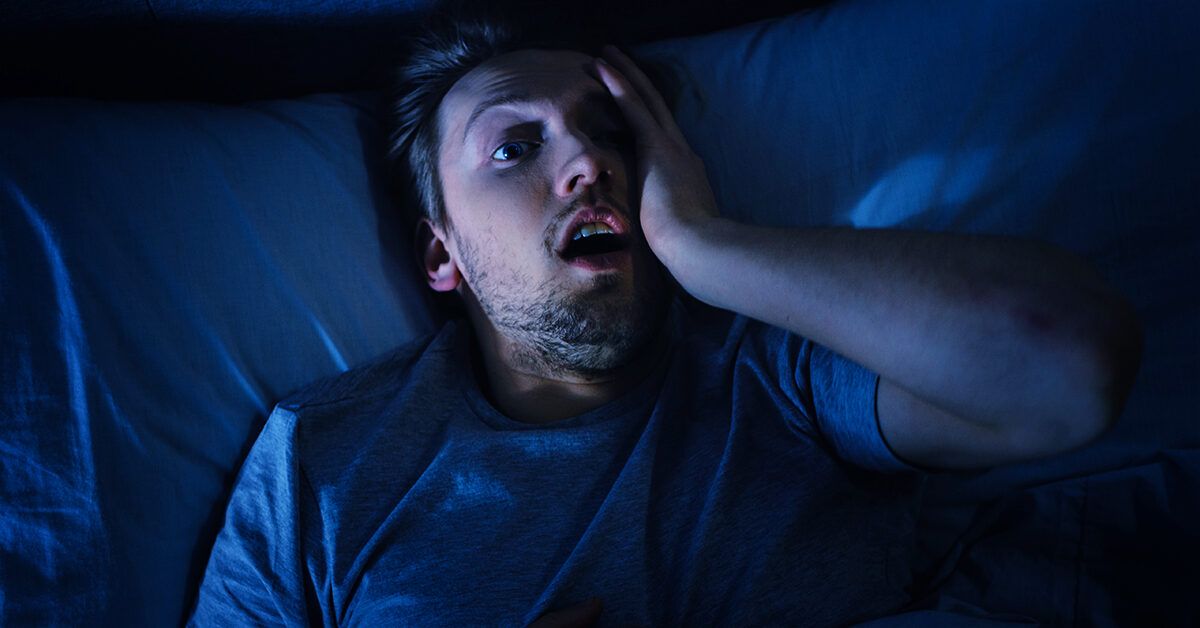
Are Hypnic Jerks Normal?
Yes, they are very normal. Hypnic jerks are a benign condition experienced by up to 70% of people. They are not a sign of any serious underlying medical condition. While they can be a nuisance, they are not typically harmful and usually don't require medical intervention.
However, if the muscle jerks are frequent, severe, and consistently prevent you from getting a full night's sleep, or if they occur during the daytime, you should consult a doctor. They may be a symptom of a different sleep disorder, such as periodic limb movement disorder, or another type of myoclonus.
How to Reduce Hypnic Jerks
While you may not be able to eliminate hypnic jerks entirely, you can take steps to reduce their frequency and improve your overall sleep quality.
-
Improve Your Sleep Hygiene: Create a consistent sleep routine. Go to bed and wake up at the same time every day, including on weekends. Make your bedroom a sanctuary for sleep—keep it cool, dark, and quiet.
-
Reduce Caffeine and Nicotine: Limit or eliminate stimulants, especially in the afternoon and evening. Try to have your last cup of coffee at least 8 hours before bedtime.
-
Manage Stress and Anxiety: Incorporate relaxation techniques into your daily life. Practice meditation, deep breathing exercises, or gentle yoga. Consider a warm bath or reading a book before bed to help you wind down.
-
Time Your Exercise: If you are a night owl, try to complete any vigorous exercise at least 90 minutes before bedtime to give your body time to cool down and relax.
-
Avoid Alcohol: While alcohol may make you feel sleepy, it can disrupt the quality of your sleep, making you more prone to hypnic jerks later in the night.
News in the same category

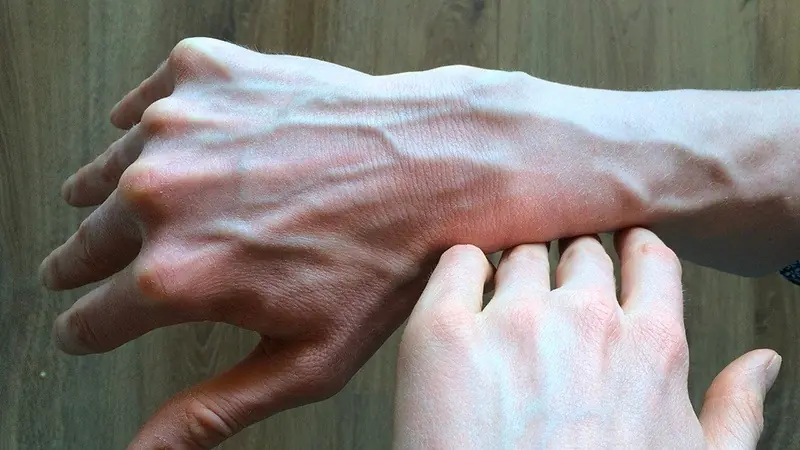
If You See Someone with Prominent Green Veins, Make Sure to Tell Them This – It Could Save Their Life

How to Safely Remove Super Glue (502) from Your Skin Without Tearing It
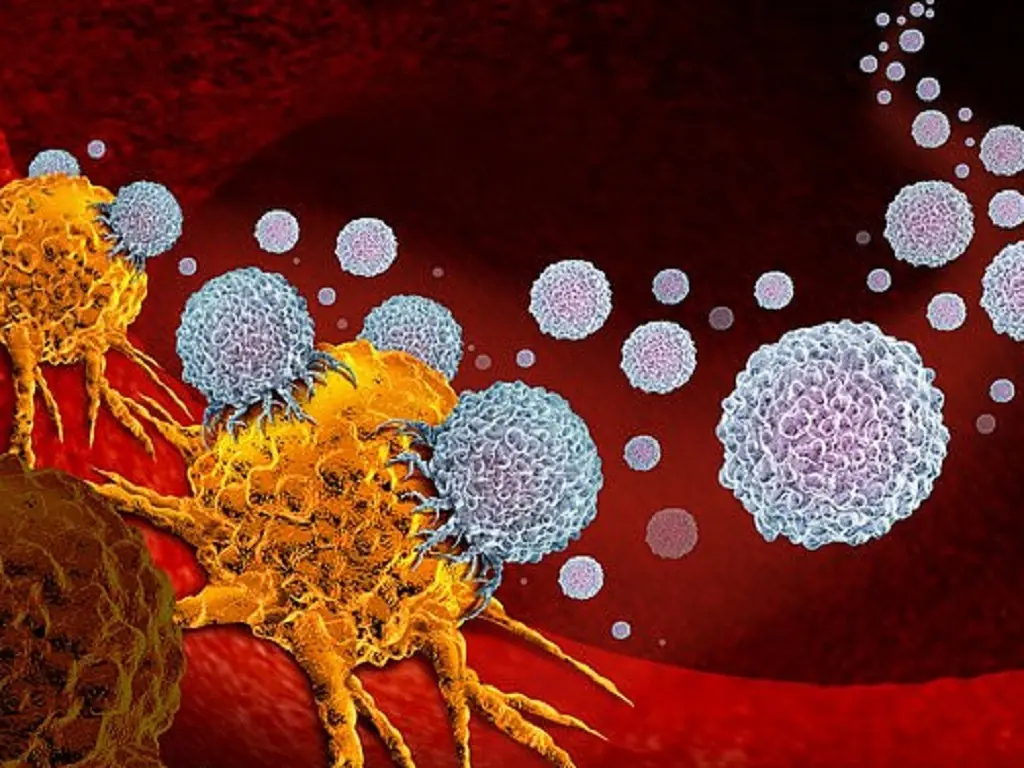
3 Unusual Signs in the Neck That Could Be Symptoms of Cancer – Don’t Ignore Them!
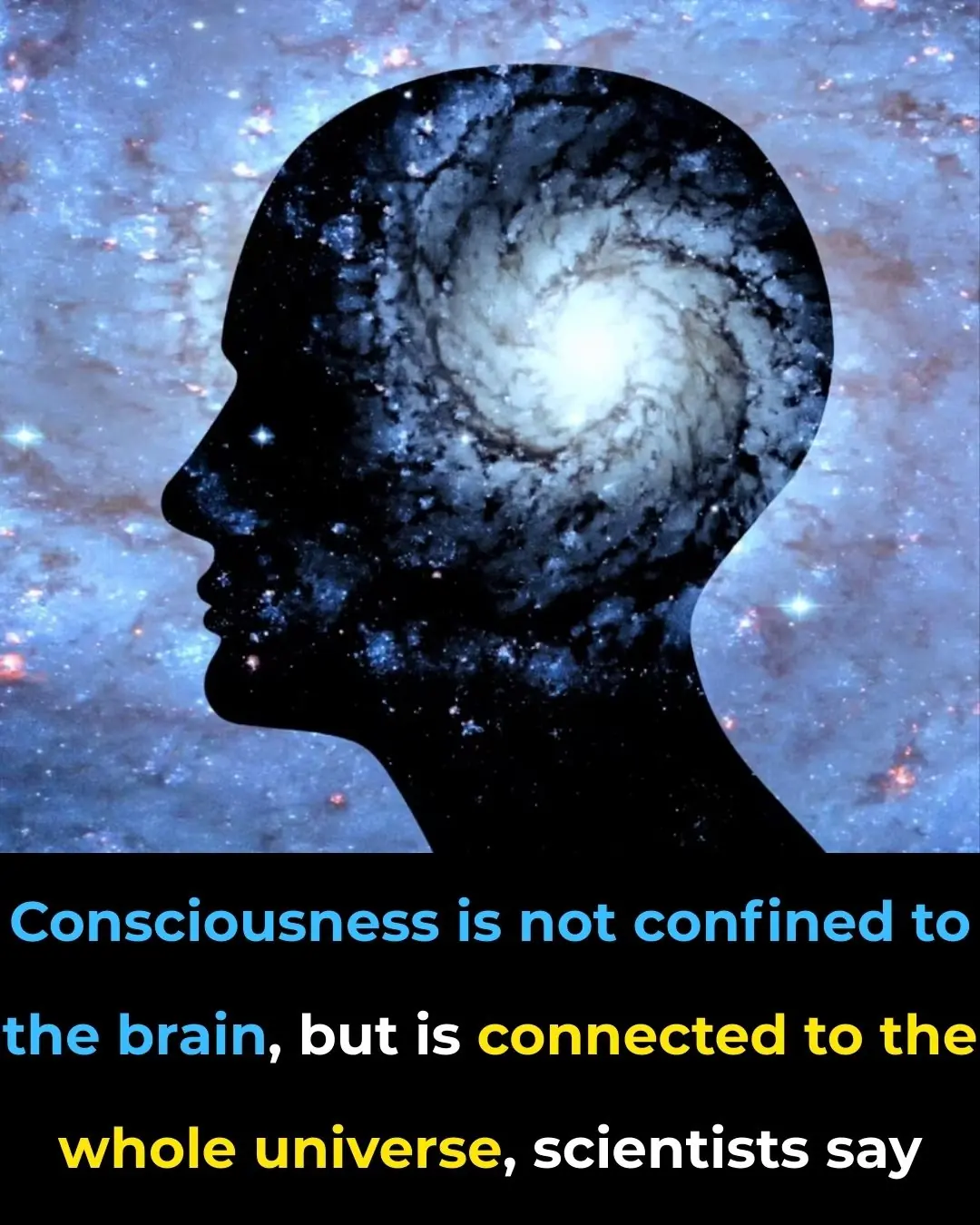
Consciousness Is Not Confined to the Brain, But Is Connected To The Whole Universe, Scientists Say

Study Finds People With ADHD Listen to Music Differently—Here’s How

Can I Get My Metabolism Back After Stopping Lexapro and Prozac?

8 Foods High in Inulin to Eat for Better Gut Health

Proven Health Benefits and Uses of Thyme and Thyme Tea

Proven Health Benefits of Walnuts, How Many to Eat, and More (Science Based)

How Can Europe Reduce Heat Deaths Amid Rising Temperatures?

SARS-CoV-2 Infection Tied to Early Vascular Aging

These Foods Cause Insomnia

How To Get Rid of Phlegm And Mucus

Most people eat these 7 meats daily — here’s why you shouldn’t

1 herb being called a miracle for liver, blood sugar, and blood pressure

Dr. Nick Norwitz Eats Over 700 Eggs in a Month to See What Happens

Elon Musk unveils new AI project that could recreate Microsoft’s entire business operations

Do Not Ignore These 10 Warning Signs That Your Kidneys May Be In Danger
News Post

White Tongue …What It Means and What You Can Do About It

Why Liver Cancer Is Often Detected Late – Important Warning Signs You Shouldn’t Ignore

Tips for Selecting High-Quality Eggs

If You See Someone with Prominent Green Veins, Make Sure to Tell Them This – It Could Save Their Life

How to Safely Remove Super Glue (502) from Your Skin Without Tearing It

The Mystery of the Milk Bottle Dent

Think Twice Before Putting Parchment Paper in the Oven

3 Unusual Signs in the Neck That Could Be Symptoms of Cancer – Don’t Ignore Them!

Consciousness Is Not Confined to the Brain, But Is Connected To The Whole Universe, Scientists Say

Study Finds People With ADHD Listen to Music Differently—Here’s How

Dubai Princess Who Divorced Husband on Instagram Now Engaged to Rapper French Montana
In a twist that has stunned royal watchers and the entertainment world alike, Dubai’s Princess Sheikha Mahra—who publicly divorced her husband via Instagram—has reportedly become engaged to Moroccan-American rapper French Montana. The news comes jus

Military sleep method is 96% successful and will send you to sleep in two minutes
Struggling to sleep? A viral “military sleep method” promises to send you into slumber in just two minutes. With a 96% success rate, it’s being hailed as a game-changer for insomniacs and restless minds alike.

Exactly what happens to your body if you contract chikungunya virus as China enforces 'forceful pandemic measures
Just as the world is still grappling with the lingering effects of COVID-19, a new viral threat has emerged. China is now battling a fast-growing chikungunya outbreak, enforcing strict pandemic-style measures to contain the mosquito-borne disease.
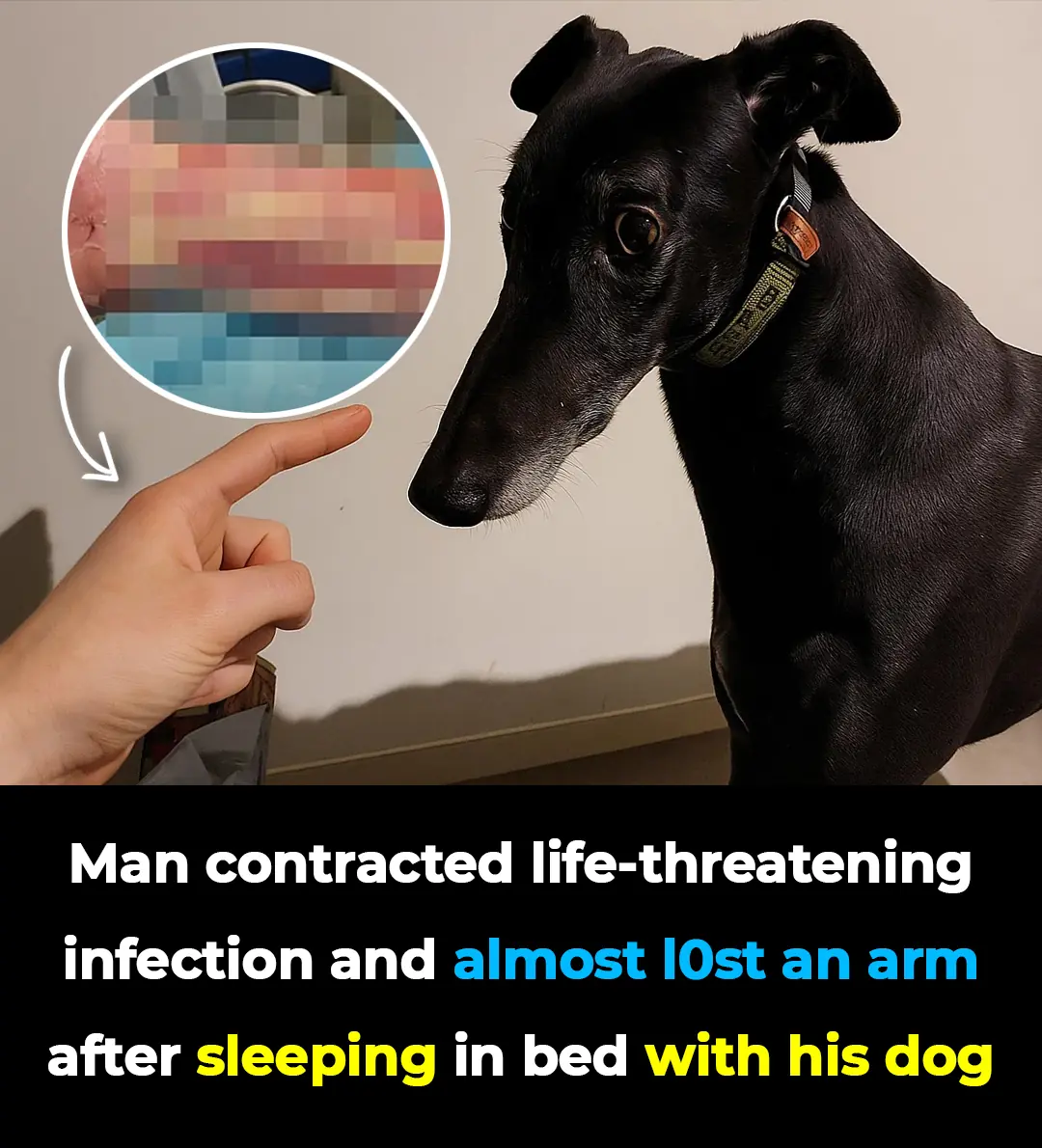
Man contracted life-threatening infection and almost lost an arm after sleeping in bed with his dog
What started as a harmless night sharing a bed with his pet turned into a nightmare. An Australian man contracted a rare, life-threatening bacterial infection after his dog accidentally bit him in his sleep, leaving him close to death and with lasting hea

Google issues warning to billions of Gmail users amid dangerous new scam
Billions of Gmail users are being warned of a dangerous new wave of cyberattacks. Google has confirmed that a notorious hacker group is actively exploiting a massive data breach to infiltrate accounts and extort victims.

Billionaire shares plan for $20 million sub voyage to Titanic site to prove industry is safer after OceanGate disaster
One year after the Titan sub disaster claimed five lives, a billionaire is betting $20 million on a daring new voyage to the Titanic wreck. His mission: prove to the world that deep-sea exploration can be safe.

Masterful Painting Of Jesus By 8-Year-Old—Says She Saw The True Face Of Jesus
At just eight years old, Akiane Kramarik stunned the world by painting what she believed was the true face of Jesus. After being lost, hidden, and nearly forgotten for 16 years, her masterpiece “Prince of Peace” has finally returned to the light—alo

Urgent warning issued to travelers as China takes ‘covid measures’ after reporting 7,000 cases of Chikungunya virus
Following guidance from the World Health Organization, China is focusing on mosquito control as the most effective method to prevent further spread.

US man accidentally buys entire street for $5,000 after thinking he was purchasing vacant lot
An Ohio man thought he had struck a bargain at a county auction. But his dream investment quickly spiraled into a nightmare when he discovered he now owned an entire street by mistake.
